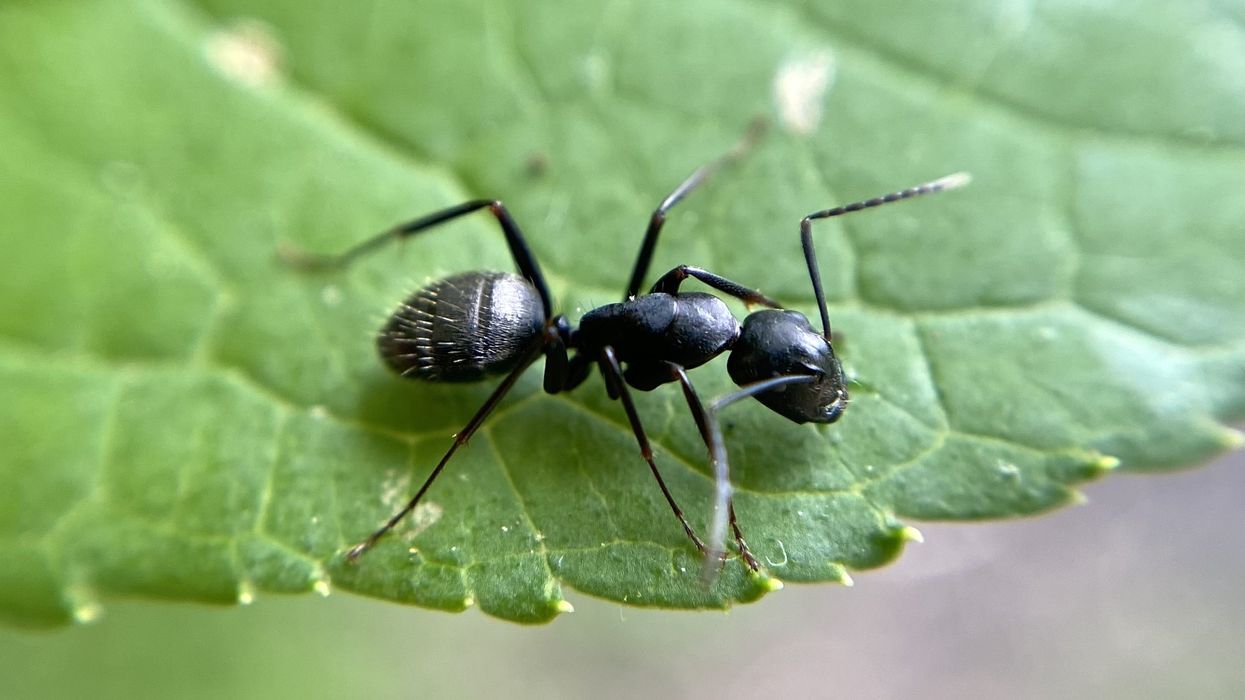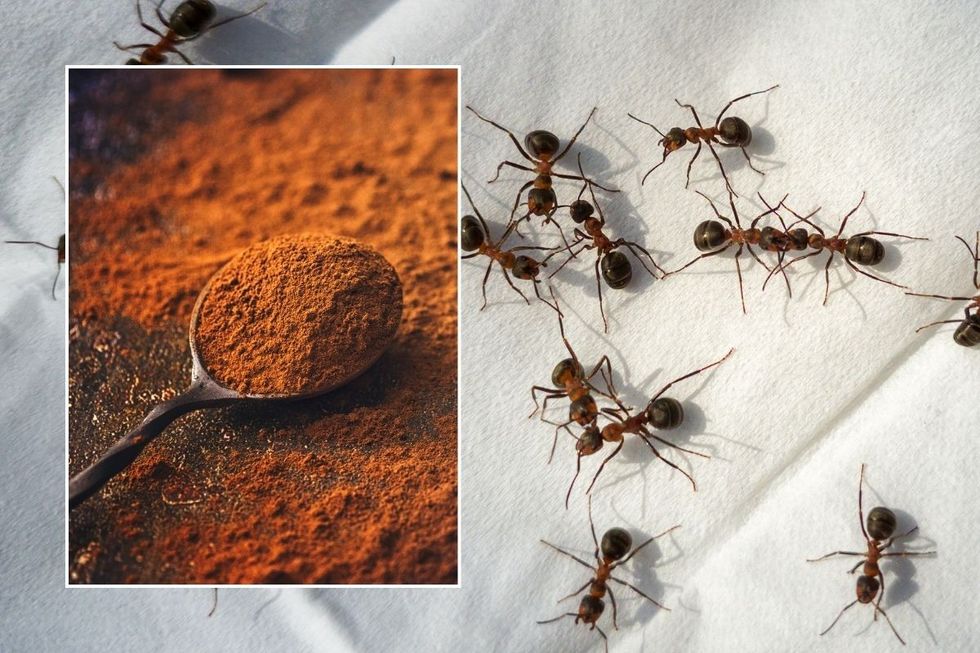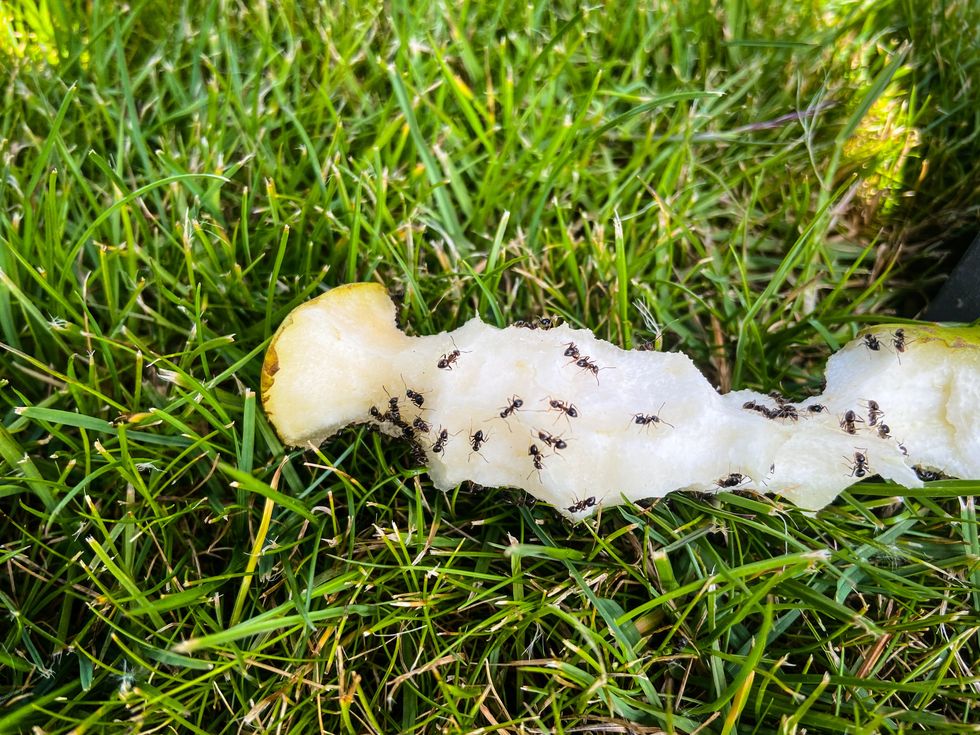My ‘20-second’ hack banishes pesky ants from the home and garden naturally

Ant numbers typically climb during the summer months
| GETTY
Ants tend to avoid places areas sprinkled in cinnamon
Don't Miss
Most Read
Latest
No matter how careful we are to keep our homes clean, sometimes we can’t avoid pests like ants coming inside.
The pesky insects become active during the warmer months of the year, typically emerging during the summer months.
Fortunately, their sensitivity to smells makes them easy to repel using essential oils and other pungent ingredients.
The TikTok content creator @im_no_gardener claims cinnamon helps him control the pests in less than 20 seconds.

Ants often wander into the home in search of food
|GETTY
“As you can see, I’ve got ants on my patio and I’m going to get rid of them,” he said in a recent clip.
Taking out a small bottle of cinnamon, he sprinkled the spice generously over the area affected by insects.
“I don’t know why ground cinnamon works but it definitely does,” he said. “Must be something to do with the smell.”
To determine the effectiveness of cinnamon as a pest repellent in laboratory settings, researchers once extracted chemical compounds from cinnamon and used highly concentrated oils to see if they’d repel ants.
It showed effectiveness, but whether or not these effects will occur with cinnamon powder has yet to be confirmed.
The Journal of Bioassays confirms that the ingredient makes a great alternative to conventional pesticides because it is less harmful than store-bought products.
Experts at Garden Composer note: “[Cinnamon] has a strong scent most bugs dislike and do not visit the places that release this smell.
“Cinnamon sticks contain cinnamaldehyde and eugenol, which act as strong repellent agents.”
Because the spice is natural and non-toxic it doesn’t risk killing pollinators lurking around your plants, like bees.
LATEST DEVELOPMENTS

Ants often wander into the home in search of food
|GETTY
Experts at the Royal Horticultural Society (RHS) note that unless become troublesome, however, they are best left alone.
“If a colony is destroyed it is likely that its place will be taken by in-coming queen ants, which take over the territory and may establish even more new nests," notes the RHS.
“Ants are one of the most numerous animals and important components of ecosystems worldwide affecting faun and flora of entire ecosystems.
“In gardens, they can be important predators, but also manage greenfly and other aphids and can cause soil disturbance.”










